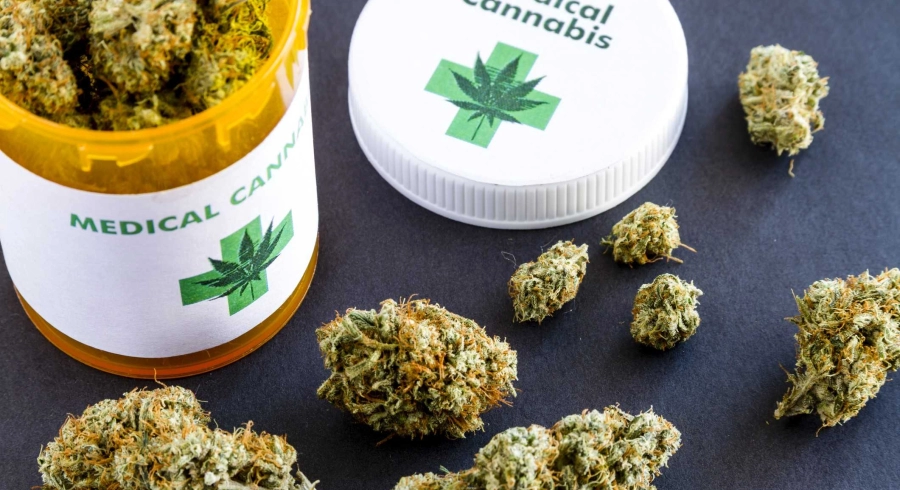Medical cannabis, the first steps towards trials in France

Long awaited and demanded by some doctors and their patients, a trial with medical cannabis is about to start in France. Who will benefit and how will the trial be assessed?
Medical cannabis in France, where do we stand?
The news was greeted with enthusiasm by many patient organisations. On 11th July, the ANSM (Agence nationale de sécurité du médicament [French National Agency for the Safety of Medicines]) gave its approval for the medical trial with cannabis.
In France, delays caused by the public authorities has so far resulted in some absurd situations. Many patients were indeed circumventing existing legislation and the lack of available medical treatments with cannabinoids in order to restore well-being or to cope with their medical treatments.
It has to be said that France is falling behind in this area. The medical use of cannabinoids and their derivatives has been authorised in the majority of European countries. Their benefits are increasingly recognised in the treatment of pain associated with certain diseases, particularly neurological conditions. The WHO has recently recognised the potential therapeutic value of cannabis and decided to declassify it, as it was no longer part of the world pharmacopoeia.
Finally, progress has been made regarding the amendment dropped by MP Olivier Véran, which intended to include the proposed trial in the social security budget. About 3,000 people should be able to join the scheme.
Who is it for and how do you apply?
Not all patients will be able to participate in this experiment. It will be limited to a previously determined list of diseases or pains for which current treatments are ineffective: neuropathic pains, certain types of epilepsy, side effects of cancer treatments (nausea, vomiting, etc.), painful spasticity linked to certain neurological conditions (e.g. multiple sclerosis). Therefore, prescribing medical cannabis will be a last resort, when all other treatments have failed. The selection criteria for the beneficiaries of the tested treatments will also be based on an estimation of the anticipated benefits, taking the "severity of the disorder" into consideration. Pregnant women will be excluded from the scheme.
Furthermore, the assessment will only focus on certain forms of cannabis. Dried flowers and very fast-acting oils will be tested. Other forms with longer lasting effects, such as oral solutions and oil capsules, will also be assessed.
The implementation schedule
The medical cannabis trial is ambitious, in order to make up for delays that were becoming increasingly intolerable for both patients and doctors. Public authorities are pulling out all the stops!
The scheme was scheduled to start at the beginning of 2020. It was due to last two years, and consisted of four 6-month phases. The first steps were initiate the trial and to include patients. Initially, patients will not have to deal with their usual medical representatives. The trial was supported by a network of volunteer specialist doctors practising in multidisciplinary centres. These specialists received training via e-learning platforms so that they could write the initial prescriptions. Once the patient’s treatment had been determined, the patient’s usual doctor could take over. Similarly, initially treatments could only be dispensed by pharmacies in specialised health care institutions, before community pharmacies were authorised to do so. The final year of the scheme was devoted to monitoring patients and collecting statistical data. A scientific committee then assessed all the data and provided a written report. Prior to a change in regulation?

Leave a comment